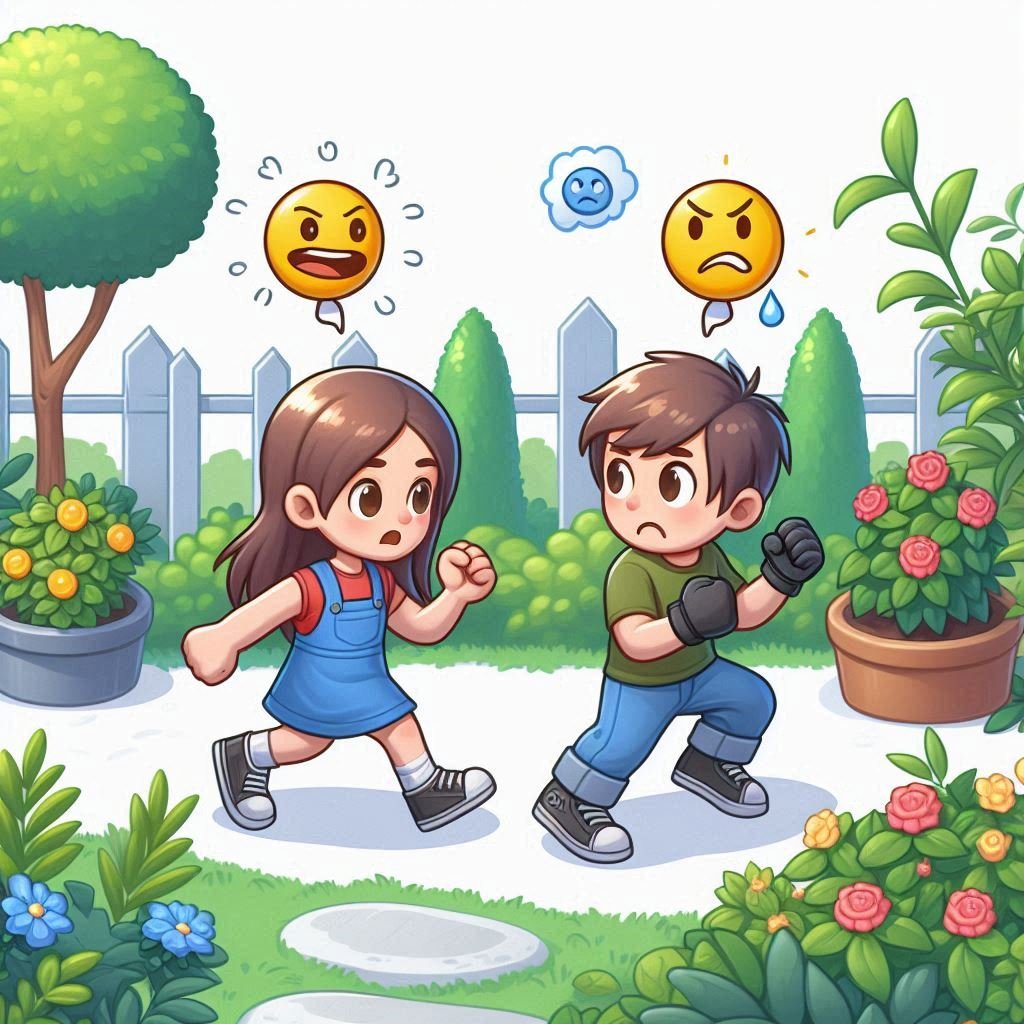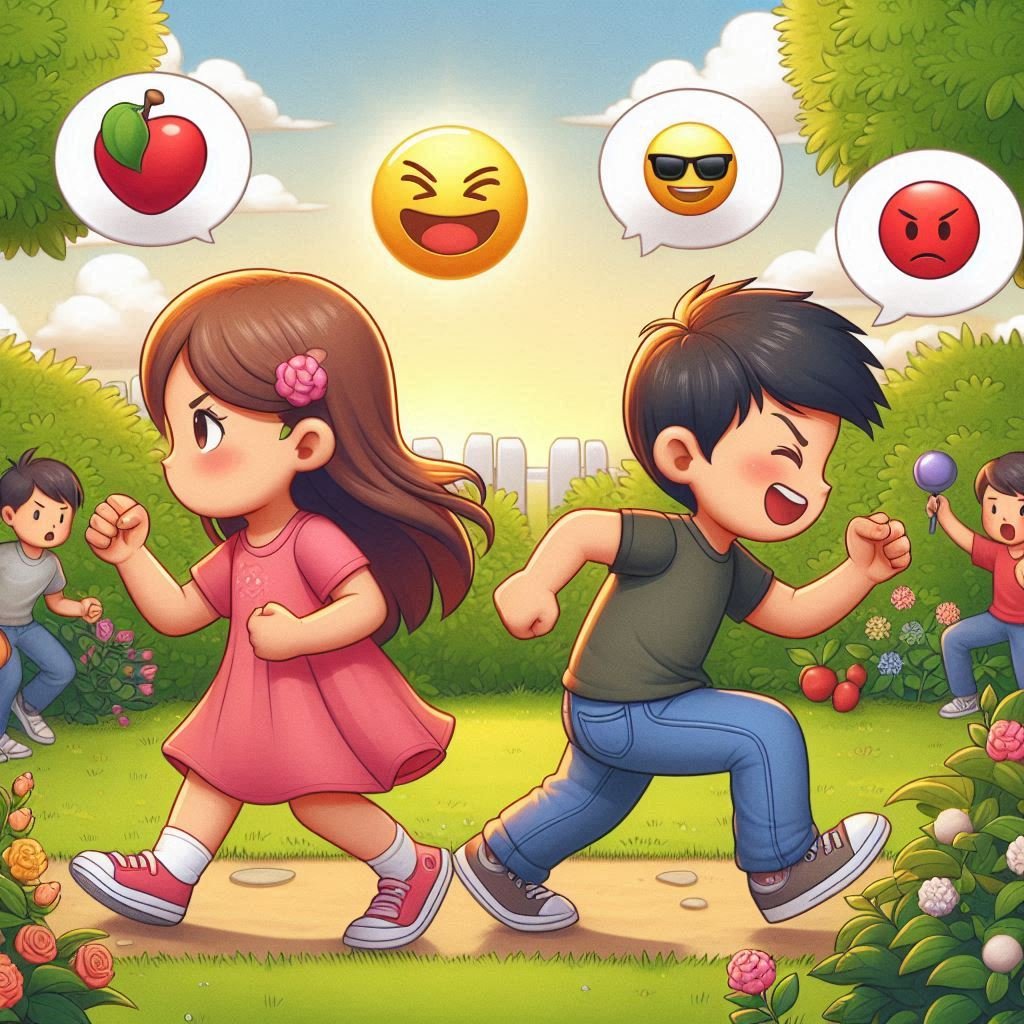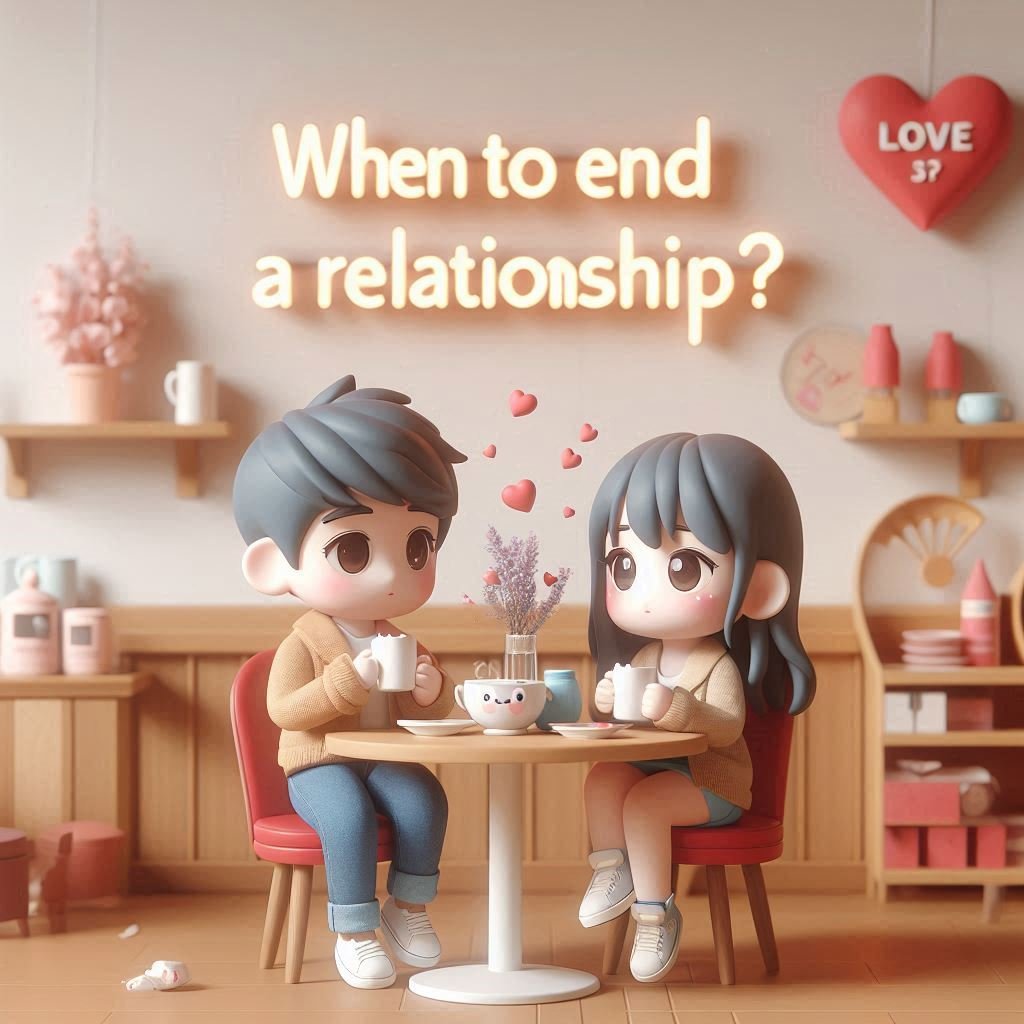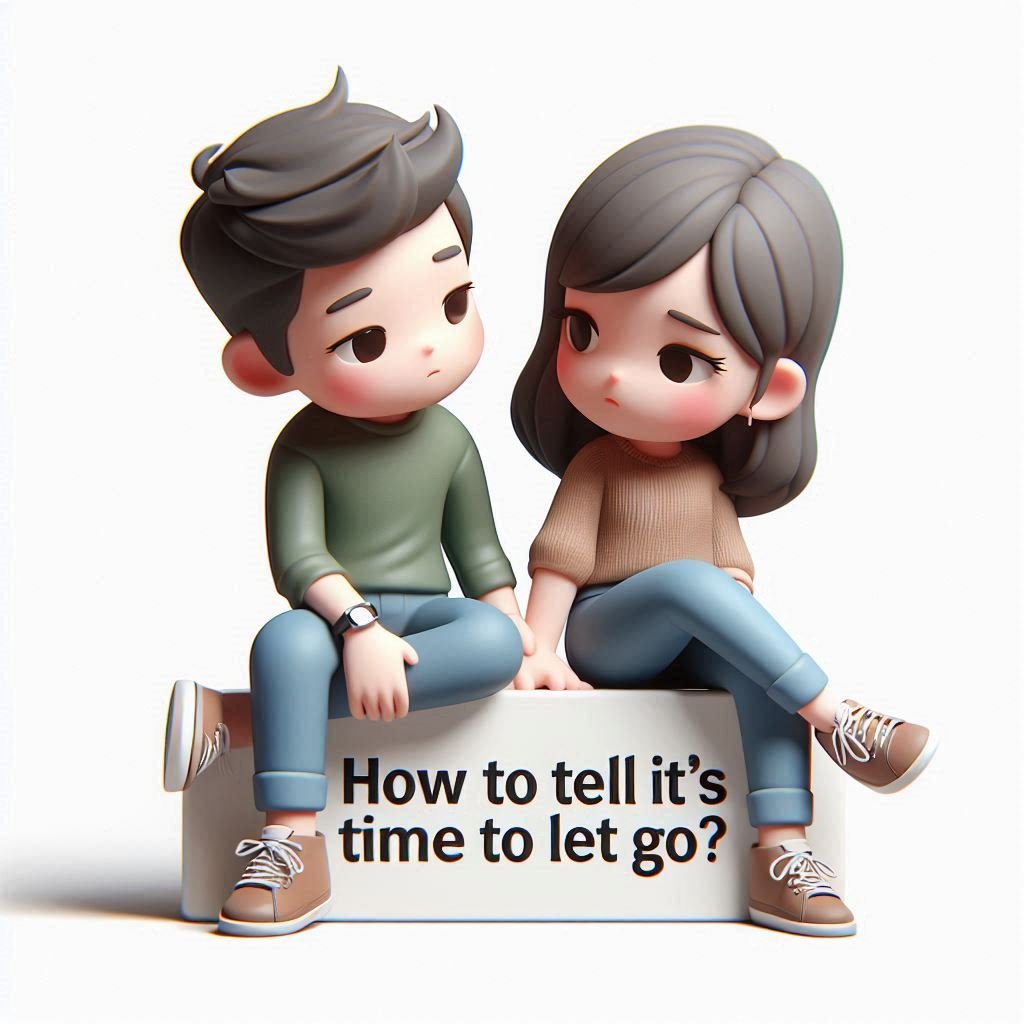Frequently Asked Questions – Wisher
How to tell if a relationship is toxic?
Recognizing a toxic relationship can be difficult, but there are key signs to look out for:
If you consistently feel belittled, criticized, or invalidated by your partner, it’s a strong indication that the relationship lacks respect. Healthy relationships are built on mutual respect, where both partners honor each other’s boundaries, opinions, and feelings. If you find yourself frequently feeling disrespected or diminished, it may be a sign that the relationship is toxic.

Manipulation and control are hallmark traits of toxic relationships. If your partner uses guilt, coercion, or emotional blackmail to influence your behavior, or isolates you from friends and family, this behavior is a red flag. These tactics can make it difficult for you to seek outside support or gain perspective on the relationship.
An erosion of self-esteem is another critical sign. Over time, toxic relationships can lead you to doubt your own judgment and question your reality. You might start feeling unworthy of love and respect, making it challenging to leave the relationship despite knowing it’s unhealthy.
Constant criticism and negativity are clear indicators of toxicity. If your partner continually finds fault with you, offers unsolicited criticism, or undermines your self-worth, it reflects a harmful dynamic. Healthy relationships involve uplifting and supporting each other, not tearing each other down.
Emotional abuse, including verbal attacks, name-calling, and gaslighting, is a serious sign of a toxic relationship. No one deserves to be treated in such a manner, and enduring emotional abuse can be damaging to your mental and emotional well-being.

A lack of accountability is also a significant red flag. In a toxic relationship, a partner who consistently avoids taking responsibility for their actions and blames you or makes excuses rather than working to resolve conflicts is exhibiting harmful behavior.
If being with your partner leaves you feeling consistently anxious, unhappy, or emotionally drained, it’s a sign that the relationship is unhealthy. Healthy relationships should bring joy and support, not lead to constant emotional exhaustion.
If you identify with several of these signs, it may be time to prioritize your well-being and consider leaving the relationship. You deserve a partnership that brings out the best in you and fosters a positive, supportive environment.
How to tell when a relationship is over?
Recognizing when a relationship has run its course can be challenging, but several signs may indicate it’s time to consider ending things. Here are key indicators to look for:
Constant fighting without resolution often signals deeper issues within the relationship. Frequent arguments that escalate and remain unresolved can create a pattern of conflict that erodes the relationship’s foundation. If these disputes feel never-ending and contribute to a sense of exhaustion, it might be time to reassess whether the relationship can be salvaged.
Apathy and a lack of motivation to work on the relationship from either partner are strong indicators that things may be coming to an end. When both partners feel indifferent and no longer make an effort to address problems or improve the situation, it suggests that the relationship may be beyond repair. The absence of enthusiasm and engagement is a clear sign that emotional investment is waning.

Communication breakdowns can be another red flag. When discussing important issues becomes difficult and you feel isolated or unheard, it points to a significant issue in the relationship. Effective communication is crucial for resolving conflicts and maintaining a healthy connection. If you or your partner consistently avoid or struggle with meaningful conversations, it could be a sign that the relationship is no longer working.
A loss of emotional connection and intimacy often indicates that the relationship is faltering. If you no longer feel comfortable being vulnerable or sharing your thoughts with your partner, it can signal that the relationship no longer meets your emotional needs. When intimacy fades and emotional closeness diminishes, it may be time to evaluate the relationship’s viability.
Drifting apart and living separate lives can suggest that the relationship is no longer sustainable. If you and your partner have developed separate interests and prefer to spend time apart, it may indicate that the bond between you is weakening. When partners no longer share common goals or experiences, it reflects a growing disconnect.
Desiring to be single or frequently fantasizing about life without your partner may suggest that you are emotionally distancing yourself. If you often imagine a future without your partner or find yourself longing for independence, it could be a sign that the relationship is no longer fulfilling.
Lack of support and the inability to make sacrifices for each other are also key signs. Healthy relationships are built on mutual support and compromise. If you find yourselves unwilling to support or compromise for each other, it may indicate that the relationship is on unstable ground.
Feeling emotionally drained rather than uplifted by the relationship is another red flag. If being with your partner consistently leaves you feeling exhausted and unhappy, it might be time to reconsider your commitment. A relationship should enhance your life, not deplete your energy and well-being.
Ignoring each other or prioritizing other activities over spending time together can signal a lack of investment in the relationship. When partners start avoiding each other and place less importance on their time together, it reflects a decline in the relationship’s significance.
Finally, if you struggle to envision a future with your partner or feel that your goals and values are misaligned, it may be a sign that the relationship is not sustainable. A future together should feel possible and aligned with shared aspirations.
If you identify with several of these signs, having an open and honest conversation with your partner about your feelings is crucial. Seeking professional help, such as couples therapy, can also offer valuable insights and support in navigating this difficult decision.
What are the signs of an unstable relationship?
Recognizing when a relationship has run its course can be challenging, but several signs may indicate it’s time to consider ending things. Here are key indicators to look for:
Constant fighting without resolution often signals deeper issues within the relationship. Frequent arguments that escalate and remain unresolved can create a pattern of conflict that erodes the relationship’s foundation. If these disputes feel never-ending and contribute to a sense of exhaustion, it might be time to reassess whether the relationship can be salvaged.

Apathy and a lack of motivation to work on the relationship from either partner are strong indicators that things may be coming to an end. When both partners feel indifferent and no longer make an effort to address problems or improve the situation, it suggests that the relationship may be beyond repair. The absence of enthusiasm and engagement is a clear sign that emotional investment is waning.
Communication breakdowns can be another red flag. When discussing important issues becomes difficult and you feel isolated or unheard, it points to a significant issue in the relationship. Effective communication is crucial for resolving conflicts and maintaining a healthy connection. If you or your partner consistently avoid or struggle with meaningful conversations, it could be a sign that the relationship is no longer working.
A loss of emotional connection and intimacy often indicates that the relationship is faltering. If you no longer feel comfortable being vulnerable or sharing your thoughts with your partner, it can signal that the relationship no longer meets your emotional needs. When intimacy fades and emotional closeness diminishes, it may be time to evaluate the relationship’s viability.
Drifting apart and living separate lives can suggest that the relationship is no longer sustainable. If you and your partner have developed separate interests and prefer to spend time apart, it may indicate that the bond between you is weakening. When partners no longer share common goals or experiences, it reflects a growing disconnect.
Desiring to be single or frequently fantasizing about life without your partner may suggest that you are emotionally distancing yourself. If you often imagine a future without your partner or find yourself longing for independence, it could be a sign that the relationship is no longer fulfilling.
Lack of support and the inability to make sacrifices for each other are also key signs. Healthy relationships are built on mutual support and compromise. If you find yourselves unwilling to support or compromise for each other, it may indicate that the relationship is on unstable ground.
Feeling emotionally drained rather than uplifted by the relationship is another red flag. If being with your partner consistently leaves you feeling exhausted and unhappy, it might be time to reconsider your commitment. A relationship should enhance your life, not deplete your energy and well-being.
Ignoring each other or prioritizing other activities over spending time together can signal a lack of investment in the relationship. When partners start avoiding each other and place less importance on their time together, it reflects a decline in the relationship’s significance.
Finally, if you struggle to envision a future with your partner or feel that your goals and values are misaligned, it may be a sign that the relationship is not sustainable. A future together should feel possible and aligned with shared aspirations.
If you identify with several of these signs, having an open and honest conversation with your partner about your feelings is crucial. Seeking professional help, such as couples therapy, can also offer valuable insights and support in navigating this difficult decision.



